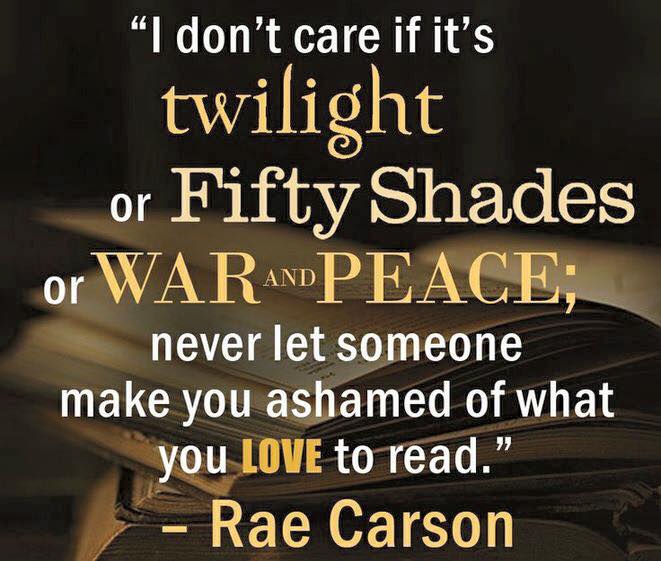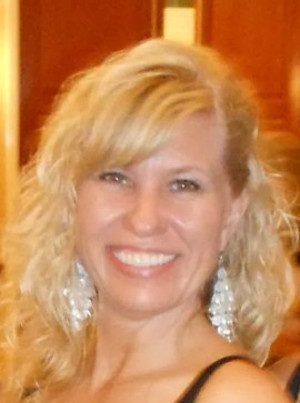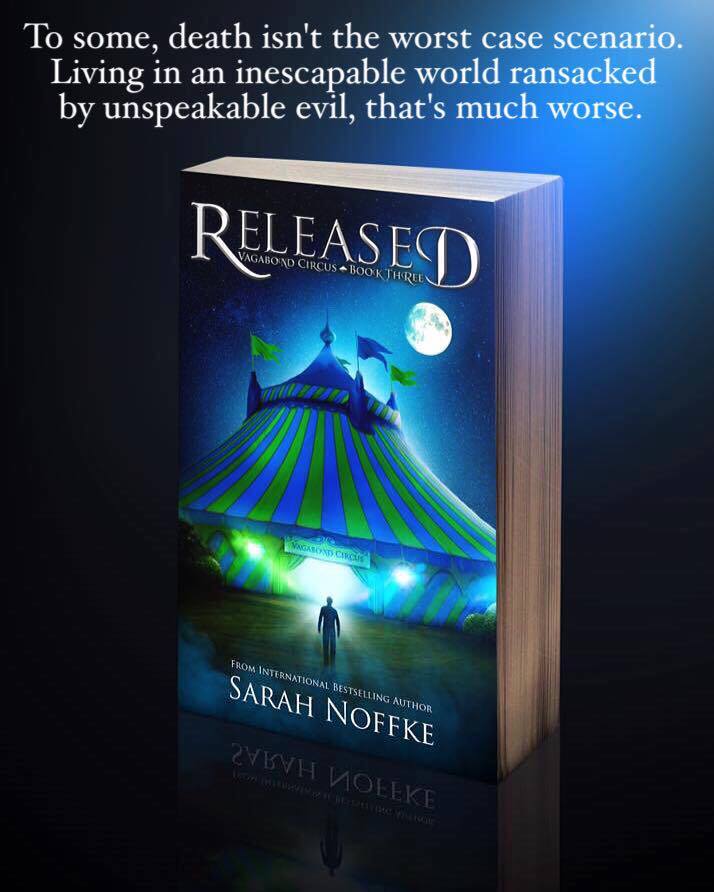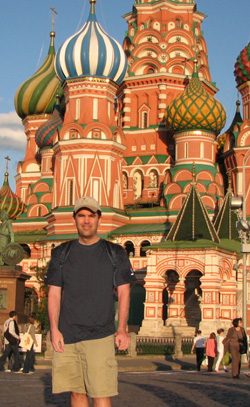Tuesday Takeover: Literary Prejudices by RJ Blain

From an early age, we’re taught a lot of things. We learn to tie our shoes, we learn to follow the morals of society, and we’re taught to adhere to a certain set of beliefs. What is popular often comes before our personal interest and likes, and literature is no different. We’re taught we should appreciate literature because it’s old or appropriate, not because we enjoy it.
Too often we’re taught to read, not taught to read what we love. Even from an early age, we’re not given many choices in the types of books we can read.
As often as not, our personal interests fall second to the strict standards of our family and society, resulting in children, teens, and eventually adults adhering to the preferences of others. Fashion is a good example of this. We wear what society teaches us is popular, not necessarily what we want to wear. Young girls are encouraged to like the color pink and pursue interests ‘suitable’ for their gender. As early as pre-teens and early teens, clothing is sexualized to conform to society’s standards of popularity. Merchandise from popular franchises, especially within the superhero genre, are skewed heavily for male audiences.
Literature is no different, and it should be. This trend is most obvious when it comes to the interests of the young, highlighted by novels like Twilight and Fifty Shades of Gray. Women are scorned for having interest in these types of books. Men, young or old, are discouraged from having any interest in the romance genre at all. Perceptions of a story’s intended audience often result in the culture of interest shaming.
Twilight has become a showcase novel of this syndrome, with lovers of this book often facing the scorn and ridicule from others, particularly among those who consider themselves more literate. This problem is present in every genre of fiction, resulting in alienating potential readers, which in turn harms everyone.
This is a problem, especially in fantasy and science fiction genres, which heavily rely on people thinking outside of society’s norms. While certain elements of the science fiction and fantasy genres have become mainstream, many still have a negative reputation, particularly paranormal romance. Other targeted sub-genres include shifter fiction, vampire fiction, and many types of space opera.
These genres of fiction have a unique quality; they attract new, young readers, which is why readers should consider putting aside their prejudices to recommend these titles to the young audiences beginning to explore fiction as a viable source of entertainment.
While many readers may not consider Twilight, Harry Potter, Percy Jackson, and similar books to be good fiction, they share one important advantage: they capture the imagination.
Unfortunately, too many learning to read for enjoyment are being scorned for their interests. The only message this sends is that they are not allowed to love the books they enjoyed and that their interests do not matter.
Literary prejudices hurt us all, restrict the type of literature written and released to the market, and prevent people from feeling comfortable trying a new story or genre from fear of being scorned for their interests.
Change begins with each and every one of us. Instead of scorning those who enjoy a book you don’t like, embrace them and their interests. Encourage them to read, even if you don’t find their type of book to your liking. When you review, if you think you’re just not the right audience for the title, say who you think is the audience, without prejudice.
It’s okay to dislike a book, and it should be okay to love a book, too.
Many of us love books. I, for one, would rather recommend a book I hate to someone who will love it. They’ll be reading, and that’s the most important thing of all.

RJ Blain suffers from a Moleskine journal obsession, a pen fixation, and a terrible tendency to pun without warning.
When she isn’t playing pretend, she likes to think she’s a cartographer and a sumi-e painter. In reality, she herds cats and a husband, and obeys the commands of Tsu Dhi, the great warrior fish.
In her spare time, she daydreams about being a spy. Should that fail, her contingency plan involves tying her best of enemies to spinning wheels and quoting James Bond villains until she is satisfied. Discover Blain’s books here.





